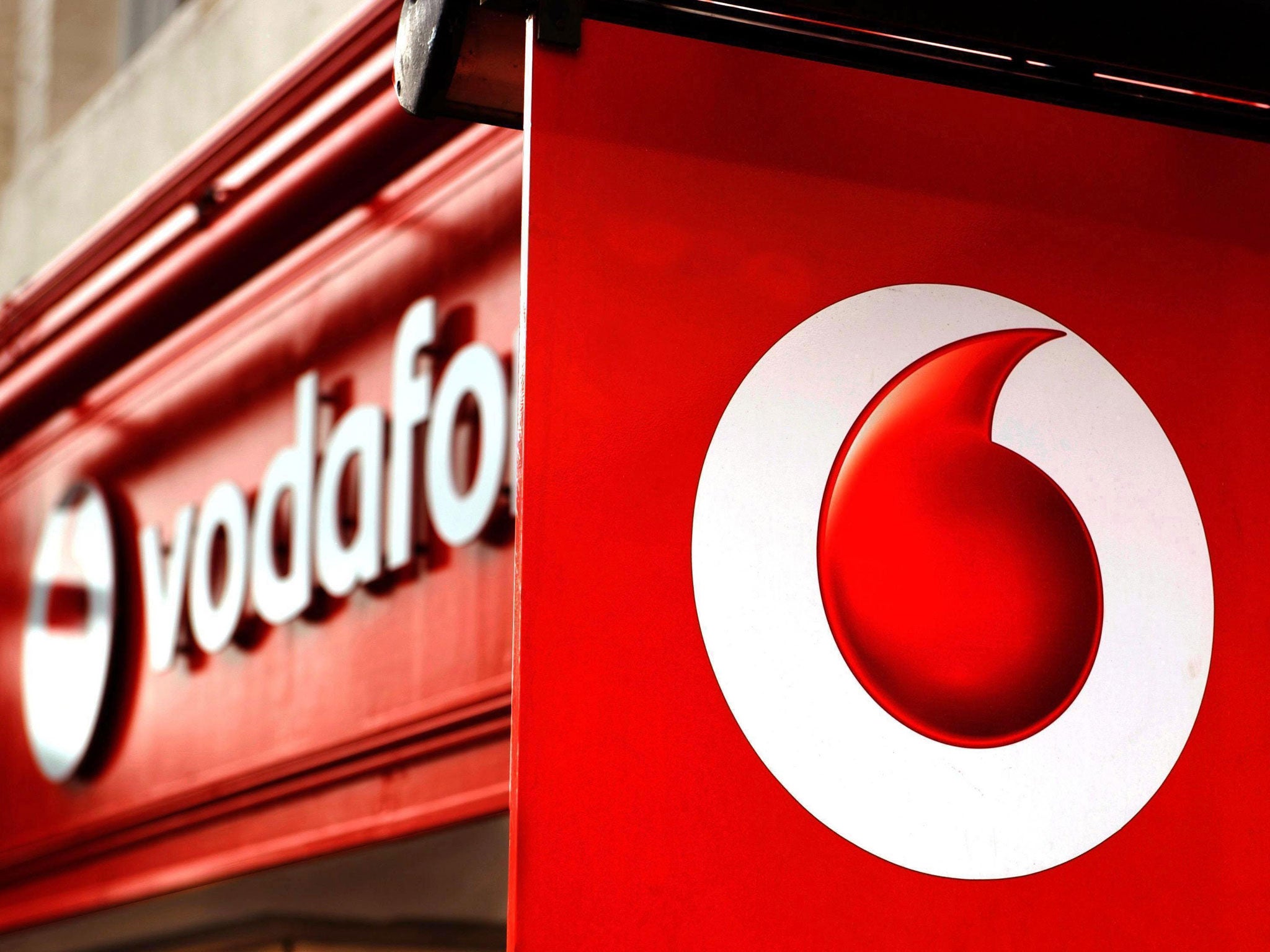Vodafone to call for UK government to disclose requests for users' data
World third-largest mobile phone company wishes to follow example of US companies, publishing regular 'transparency reports' on data requests

Mobile operator Vodafone is following in the footsteps of US tech giants by asking the UK government to disclose the number of requests it receives for customers’ data.
Public trust in internet companies and telecoms has fallen after leaked documents provided by ex-NSA contractor Edward Snowden revealed the extent of government surveillance, and the degree to which large companies cooperate – willingly or not.
The move by the British company echoes a trend from American companies to publish regular 'transparency reports', detailing the number of requests they receive from law enforcement for users' data. Apple and Facebook have been among those companies publishign such reports.
“We want all of our customers worldwide to feel they are at liberty to communicate with each other as they see fit, we want our networks to be big and busy, and anything that inhibits people from communicating with each other is very bad for any commercial operator,” Vodafone’s privacy head, Stephen Deadman, told the Guardian.
Vodafone is the world’s third-largest mobile phone company and will also be petitioning the governments’ of each of the 25 countries it operates in to disclose data.
The company says it would like to disclose requests for wire taps and users’ data in its annual sustainability reported, due out in June, but that current British law prevents it from sharing even general information.
"Where governments do not and will not disclose, and it is lawful for us to do so, we will disclose our own total aggregate numbers of law-enforcement demands,” said Deadman. "Where it is not lawful for us to disclose we will say so and we will say what provisions of law apply."
Currently, it is illegal to even discuss the existence of a warrant under the Regulation of Investigatory Powers Act (Ripa), although some broad statistics are published from the office of the Interception of Communications Commissioner.
Figures from the office in 2012 showed increases across the board in data requests, with a 16 per cent increase from 2011 for metadata (up to 570,000) and a 15 per cent increase for content interception (up to 3,370).
Reports from the Guardian suggest that Vodafone’s new provisions include clauses stating that they will “not allow access to customer data unless legally obliged to do so” and will “challenge requests in law where appropriate.”
Join our commenting forum
Join thought-provoking conversations, follow other Independent readers and see their replies
Comments